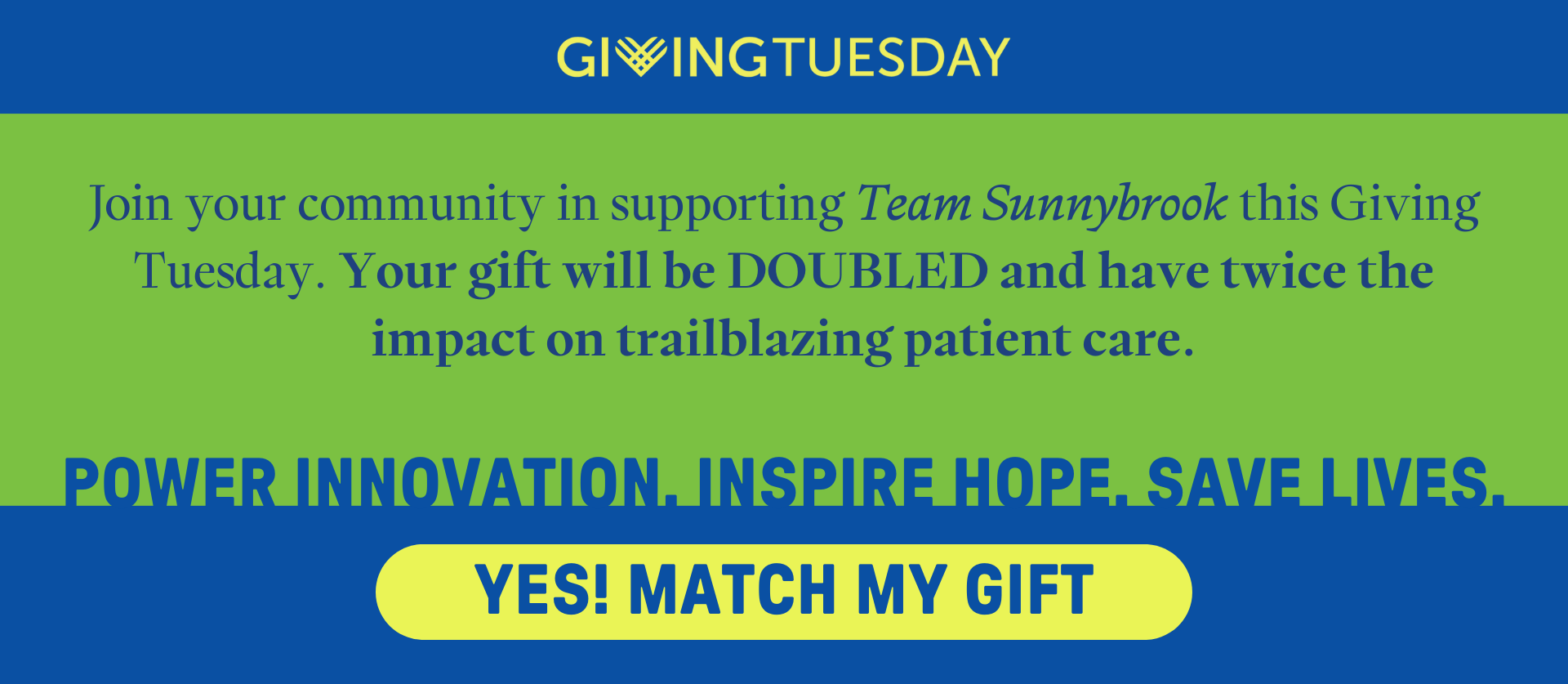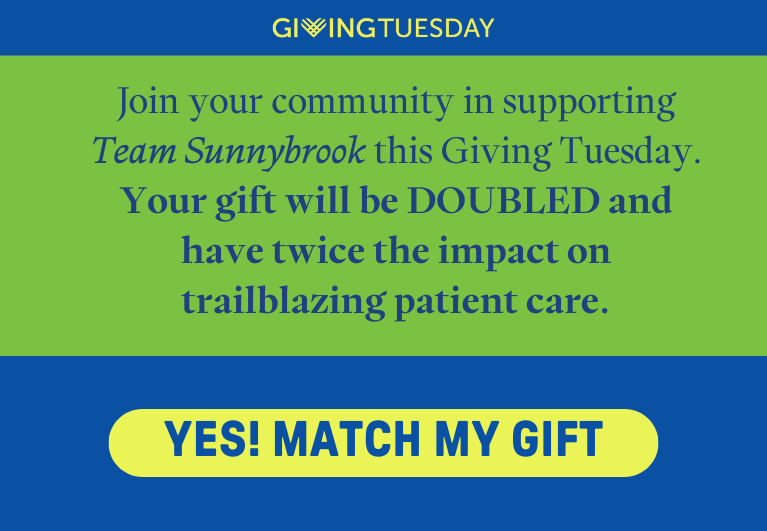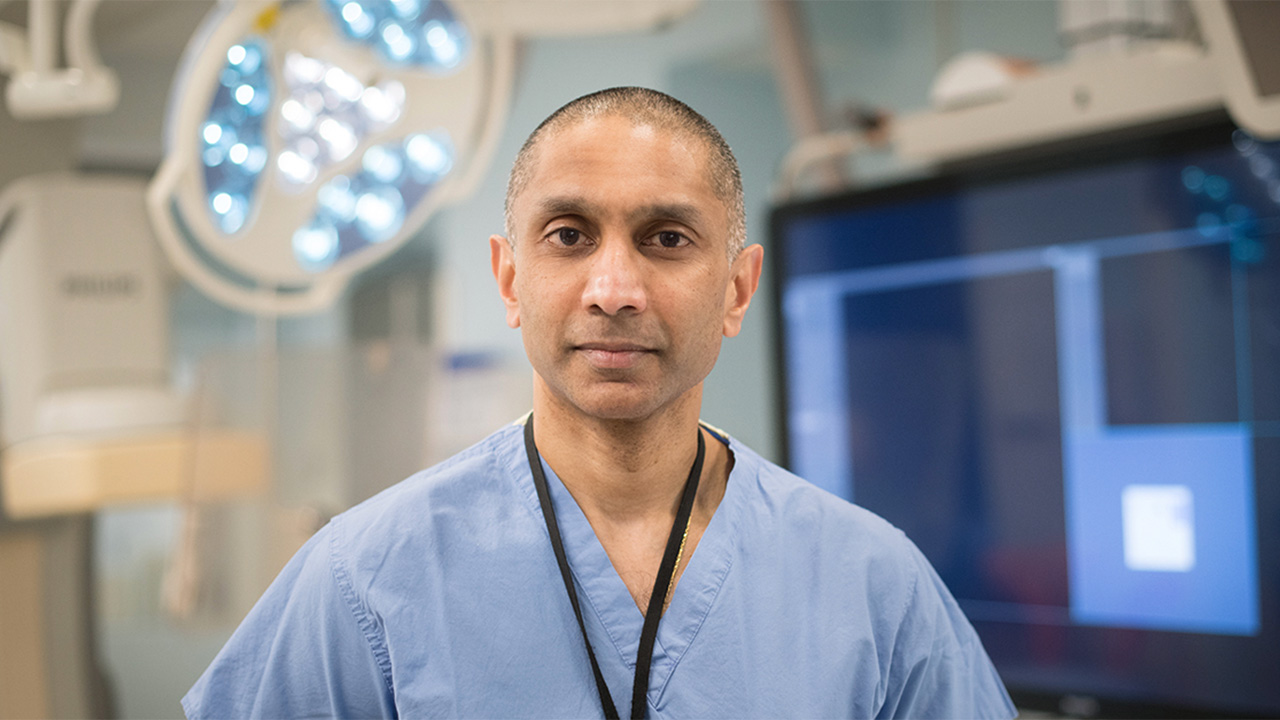In the media: Addressing Ontario backlog will take time and innovation, doctors say
The COVID-19 pandemic has created a backlog of nearly 16-million health-care services that could take years to work through, according to new estimates released by the Ontario Medical Association.
Dr. Harindra Wijeysundera, cardiologist and chief of the Schulich Heart Program at Sunnybrook, said at an OMA news briefing on Wednesday that there are no “quick and easy” solutions to addressing the backlog.
“It’s not just about the enormity of the problem [the number of people on a waitlist needing care], but also the complexity of it,” he says. “There is a care deficit right from patients identifying the symptoms, feeling comfortable enough to seek treatment, being seen by their family physician, getting diagnostic testing, seeing a specialist, and then finally getting on a waitlist if a procedure or surgery is required.” At each step, there have been obstacles that over the course of the pandemic have compounded, he adds, acknowledging health-care workers and the system need to recognize recovery will be a marathon, not a sprint.
“This is going to require the same intensity of attention, but also length of attention the COVID response has had from all levels,” said Wijeysundera, adding that system-wide solutions, such as load sharing – transferring patients from overwhelmed hospitals to others with capacity – will be just as crucial in the recovery phase as it was during the COVID-19 surge.
But Wijeysundera warns that simply increasing capacity will not be enough. Each solution must be looked at through a lens of equity.
“Marginalized populations, racialized communities, [and] those most vulnerable were most affected by the acute phase of the pandemic,” he said. “If we simply increase capacity, the patients who will recover first will be those who are not marginalized.”
Instead, Wijeysundera says we need to be deliberate in our recovery phase, and use similar innovations to the pop-up clinics that brought the COVID-19 vaccine to communities, so that inequities aren’t worsened.
While addressing the backlog and doing it in an innovative way under the lens of equity is a very difficult problem, Wijeysundera says it is also a very rare opportunity. He says, changing a system can be like throwing stones at a train that’s travelling 100 kilometres-per-hour. “Because of the pandemic, we stopped the train and we get to restart it in a direction to something better.”
Read media coverage from the OMA briefing at CBC, Ottawa Citizen, and Toronto Sun
Read An open letter to Ontario’s ‘missing’ patients: We’re worried about you.








